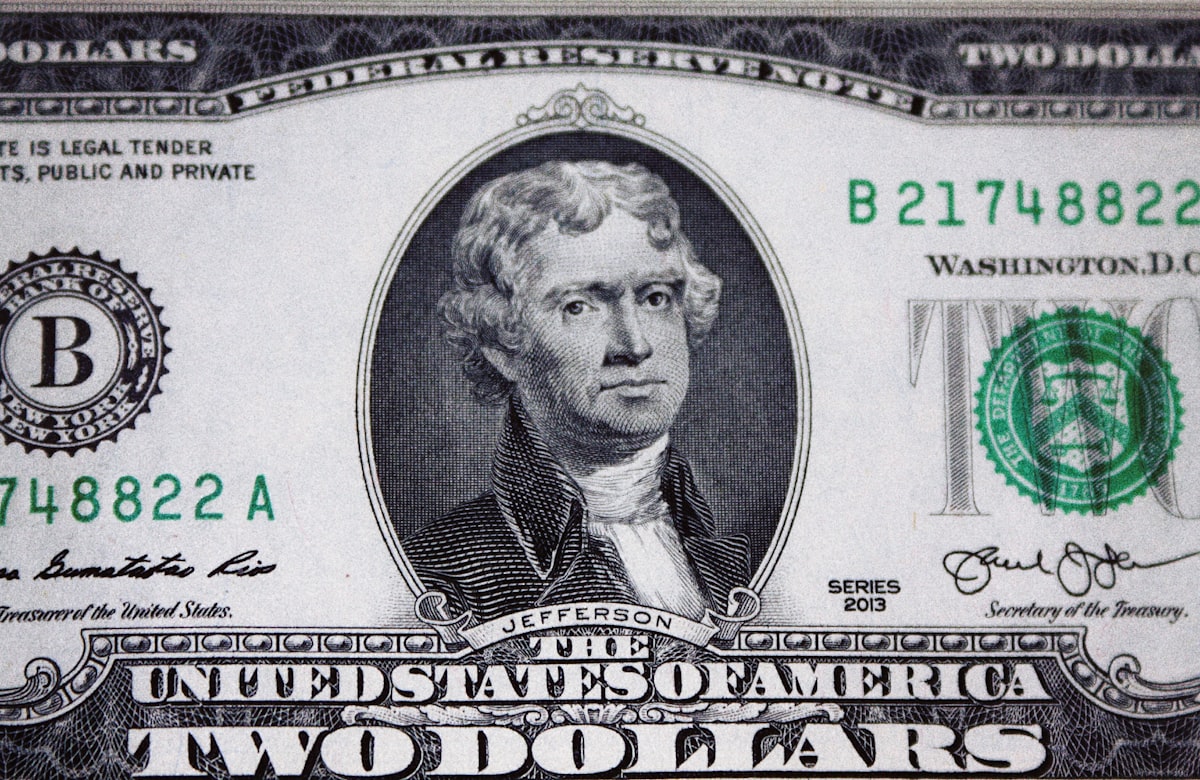We Need Sound Banking
If the USD-based banking system is to compete in a world with bitcoin, Twitter, and FedNow, we need the option to fully reserve demand deposits.

On March 9th, 2023, Michael Barr, the Federal Reserve Board's Vice Chair for Supervision, cautioned banks to approach crypto, including so-called stablecoins carefully. He warned about the potential liquidity shocks that the issuers of these tokens may incur due to depositors demanding immediate redemptions. And, he added, "the banks we regulate, in contrast, are well protected from bank runs."
One day after Mr. Barr's speech, on March 10th, Silicon Valley Bank (SVB), a top 20 bank in the US by asset size that has very little to do with crypto and is subject to the regulations Vice Chair Barr cited in his speech, suffered a bank run that led to its shutdown. It is unclear whether customers will fully recover their deposits at SVB, and leading venture capitalists known for their otherwise laissez-faire approach to markets are calling for a bailout (edit: as of 6:15 PM ET, the Treasury, Fed, and FDIC have announced approval of actions that will fully protect depositors).
The events of last week (and potentially, the following weeks) highlight a fundamental need currently unmet by our banking system: individuals and businesses want a mechanism by which they can warehouse their cash without their bank lending it to anyone else.
The idea that depositors are creditors to a bank is an absurd and outdated notion. Everyone just wants a checking account, not to loan the bank money.
— David Sacks (@DavidSacks) March 11, 2023
I agree with Sacks
— Joe Weisenthal (@TheStalwart) March 11, 2023
Nobody thinks of their bank account as a loan to the bank. And then suddenly a bank fails and all the “experts” come out and talk a depositors as creditors.
It’s problematic the way the economic nature of the bank/depositor relationship is abstracted away.
Following the collapse of FTX in late 2022, many of us in the bitcoin and crypto space attempted to point out that FTX wasn't a failure of bitcoin, or crypto for that matter, but a somewhat vanilla run on a bank with fractional reserves that took place at Twitter speed.
With the collapse of SVB, we witnessed the same flavor of failure at an identical speed. The difference between the two scenarios is that SVB was a top 20 bank in the US, under the supervision of federal agencies, which became insolvent due to losses incurred in its US Treasury portfolio. In contrast, FTX was an off-shore crypto exchange that incurred losses on its token (FTT), where regulators cited the lack of oversight as one reason for its failure. One day after Mr. Barr's comments about regulated banks being "well protected" from bank runs, we witnessed our second largest bank failure.
While bank runs have always been a risk to fractional reserve banks, we haven't always lived in a world with bitcoin, Twitter, and soon, FedNow. Unlike our world fifteen years ago during the Great Financial Crisis, we now have an alternative monetary system designed to avoid some of the risks inherent to our current monetary and banking systems. Additionally, we have a technically-savvy generation of consumers that are increasingly aware of the shortcomings of fractionally reserving demand deposits. We have smartphones and social media platforms that allow us to communicate news at the speed of light. With FedNow, we are moving towards near real-time settlement mechanisms that accelerate withdrawals of deposits. Unless something fundamental changes, bank runs will continue and only happen faster.
In the bitcoin economy, survivors of the bitcoin winter continue to build financial infrastructure with protocols and entities that aim to remain fully reserved. The permissionless peer-to-peer Lightning Network is fully reserved at all times. Federated sidechains like Liquid are verifiably fully reserved. Federated Chaumian mints will need full reserves to avoid the consequences of today's fractional reserve banks. And lastly, bitcoin and crypto exchanges and custodians are looking for more ways to demonstrate their reserves to their customers in near real-time.
If the USD-based banking system is to compete in a world with bitcoin, Twitter, and FedNow, we need the option to fully reserve demand deposits. We need banks that can hold cash deposits at the Fed and either collect a spread on the interest or charge fees to warehouse their customers' money. The Narrow Bank attempted to establish such a model in the past, which the Fed denied in 2019. Recently, Custodia Bank proposed a similar model to serve bitcoin and crypto companies, which the Fed denied earlier this year.
Without full reserve deposit accounts, we may experience further consolidation of the banking sector due to additional bank runs on smaller banks and the socialization of depositors' losses to taxpayers every time a fractional reserve bank fails. Neither of these outcomes would help us achieve a more resilient banking system for people simply looking for a place to safekeep their money without lending it out.
In short, times have changed, and our banking system needs to change with the times. We need to allow for banks that offer fully reserved demand deposits. We need to do so without stifling competition or innovation where banks and customers that prefer the risks and returns associated with fractional reserves can continue to exist. We can leave it to the market to design their products and assign a risk premium based on the various models. But we must acknowledge that we need a fully reserved alternative for demand deposits to give depositors this choice. Otherwise, as more and more people realize it's not their money in their accounts, the USD-based banking system will have a hard time competing with the bitcoin-based banking system that is slowly but surely coming to life.
